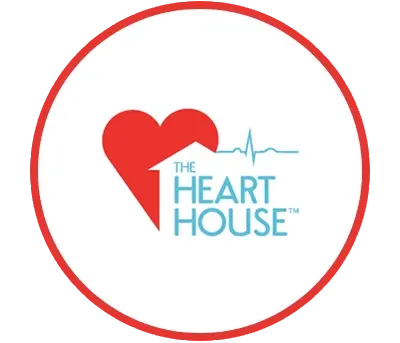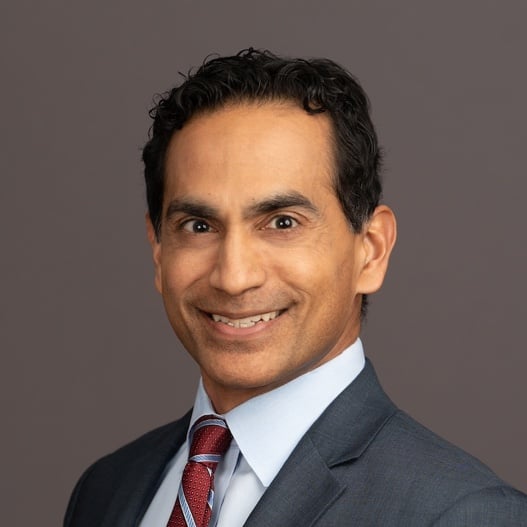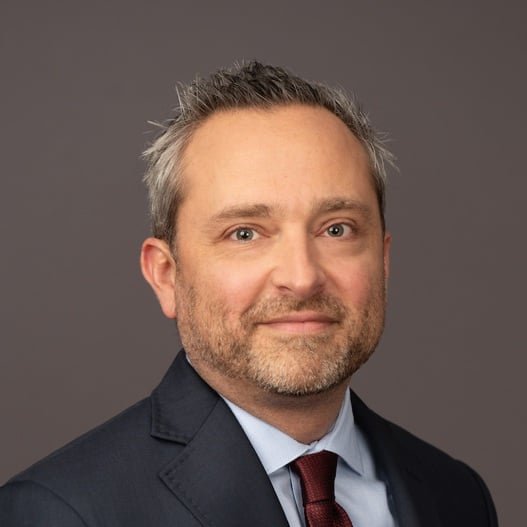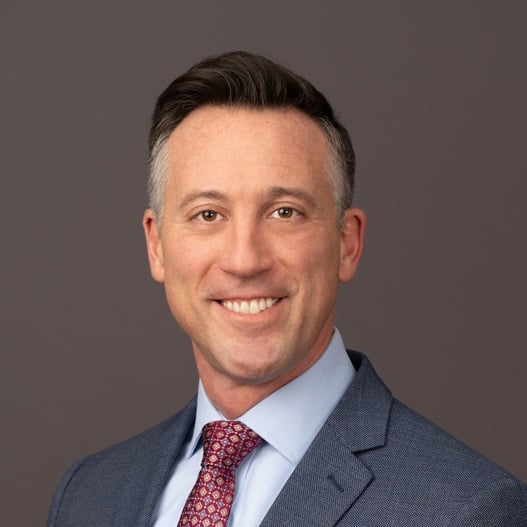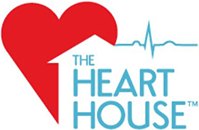Our team is committed to being there for patients throughout their cardiovascular care journey, serving as a trusted resource and partner in healing. We're here to provide support, answer questions, and help you get back to a life you love.
Patient
Resources
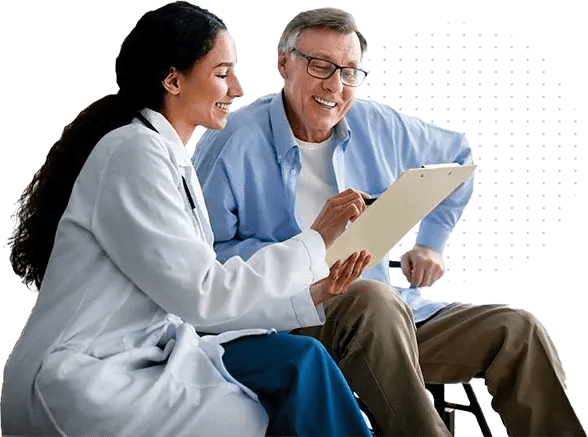
New Patient Information
Are you a new patient? Prepare for your appointment in advance by accessing our new patient packet.
Patient Forms
Learn more about our processes and procedures by exploring our financial policies and pre-op, test, and study instructions.
Clinical Research & Trials
Clinical trials are at the heart of all medical advances, offering new and innovative solutions to patients. Discover more about our current studies.
Future of Cholesterol Treatment
Unlocking the Future of Cholesterol Treatment through Gene Editing
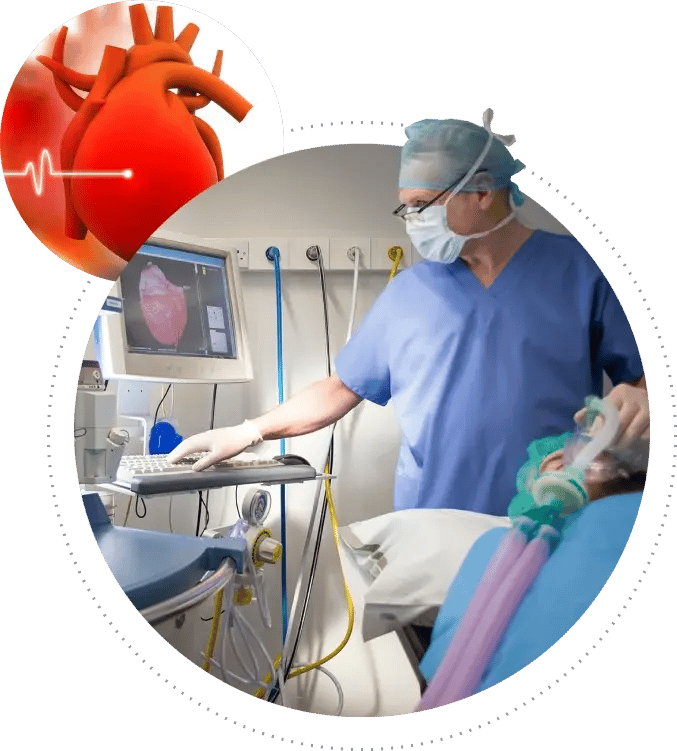
Frequently Asked Questions
What can I do to stay heart-healthy and reduce my risk of heart issues?
The most important things you can do to prevent further heart issues and live a long, healthy life are:
- Follow a heart-healthy diet low in saturated fat, trans fat, sodium, and added sugars. Eat plenty of fruits, vegetables, whole grains, lean proteins and healthy fats.
- Aim for at least 30 minutes of moderate physical activity daily or as tolerated. Walking, swimming, and other aerobic exercise promotes heart health.
- Take all prescribed medications to manage blood pressure, cholesterol, diabetes, and other conditions.
- If you smoke, commit to quitting.
- Limit alcohol intake.
- Manage stress levels through yoga, meditation, counseling, or other outlets.
- Get enough quality sleep each night.
- Keep all follow-up care appointments to monitor your health.
What causes high blood pressure and how can I reduce it?
High blood pressure, also known as hypertension, generally develops over time. Common causes include an unhealthy diet, inactivity, obesity, genetics, diabetes, and kidney disease. Getting your blood pressure checked regularly is essential in diagnosis, as high blood pressure typically has no signs or symptoms until it reaches a point where it becomes a hypertensive crisis.
Lifestyle changes and medications can help lower your blood pressure. Our doctors will work with you to develop a plan to keep you healthy and feeling well.
What causes heart arrhythmias and are they dangerous?
Heart arrhythmias occur when the electrical impulses that coordinate your heartbeat become disrupted. There are different types, with some causes including:
- Heart disease, high blood pressure, or prior heart attack that has damaged the heart’s electrical system
- Congenital heart abnormalities present from birth
- Imbalances in electrolytes like sodium, potassium, or magnesium
- Effects of caffeine, alcohol, medications, or stimulants
- Physical causes like sleep apnea or thyroid disorders
- Stress or strenuous exercise
Sometimes, there is no identifiable cause for an arrhythmia. Whether an arrhythmia is dangerous depends on the type, frequency, and one’s overall heart health. Some may cause bothersome symptoms but are otherwise benign. However, certain arrhythmias can significantly raise the risk of stroke, heart failure, or sudden cardiac arrest. The good news is very effective treatments are available for most arrhythmias.
What are the symptoms of a heart attack?
A heart attack is a serious medical condition. If you suspect you may be having a heart attack, call 911. Common symptoms of a heart attack:
- Chest pain or discomfort, often described as tightness, pressure, squeezing
- Pain that radiates to the neck, jaw, shoulders, arms, or back
- Shortness of breath, nausea, dizziness, sweating
- Abdominal pain
- Palpitations or irregular heartbeat
- Fatigue for days leading up to an event
What tests will I need to diagnose my heart condition?
Common diagnostic tests include an EKG, echocardiogram, stress test, CT scan, or cardiac catheterization. The SWCVA team will recommend the appropriate tests based on your symptoms and medical history.
What are peripheral vascular conditions?
Peripheral vascular conditions affect the blood vessels outside of the heart and brain. Some common peripheral vascular conditions include:
- Peripheral artery disease: A narrowing of the arteries that supply the legs, arms, stomach, or kidneys due to fatty plaques, causing pain, cramping, or fatigue in affected areas.
- Deep vein thrombosis (DVT): A condition in which blood clots form in the body's deep veins, often the legs.
- Chronic venous insufficiency (CVI): A condition causing impaired blood flow, leading to leg swelling and varicose veins.
- Pelvic congestive syndrome: A common cause of chronic pelvic pain, this condition arises from problems with blood flow in pelvic veins.
At SWCVA, we can help diagnose and treat your peripheral vascular condition to ease your pain and help you get back to your life.
